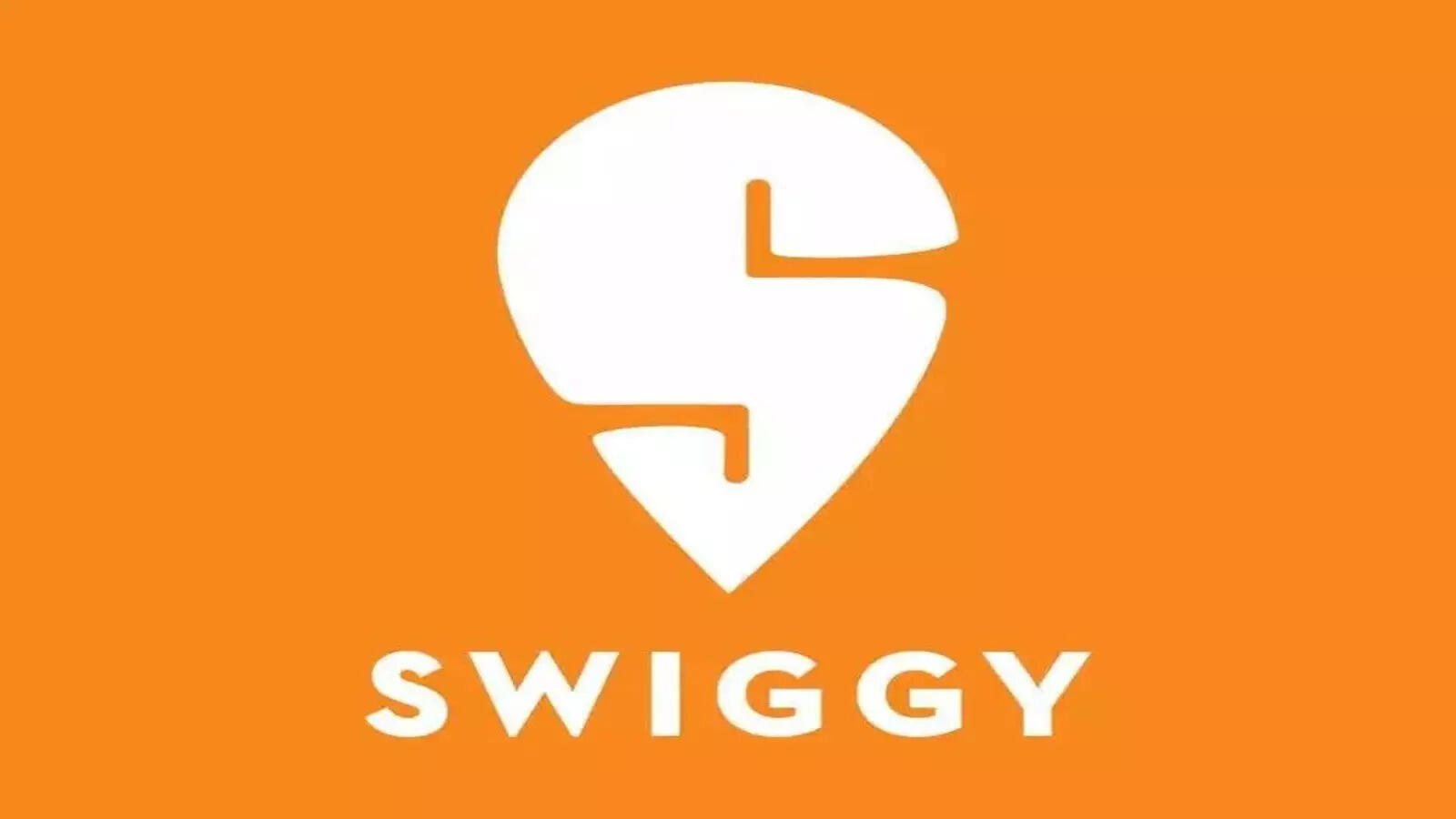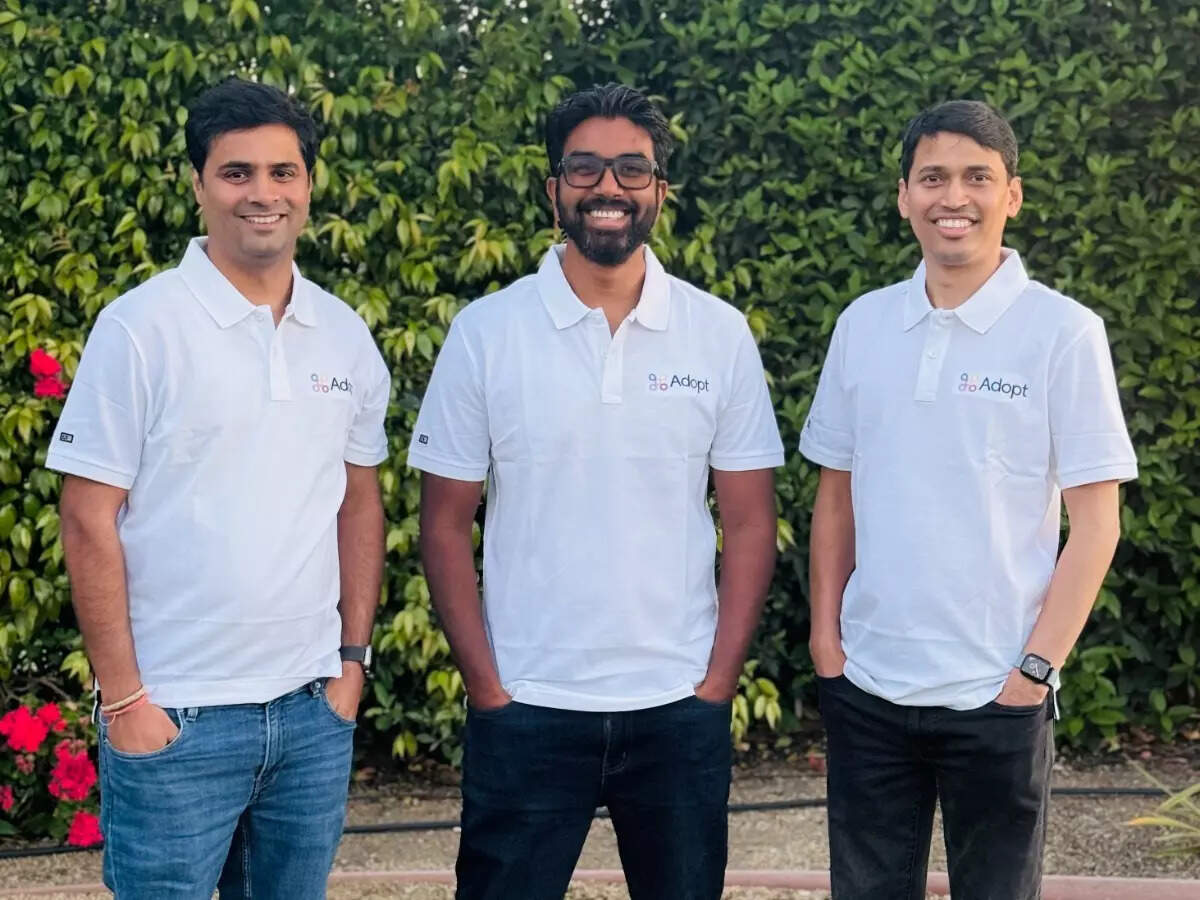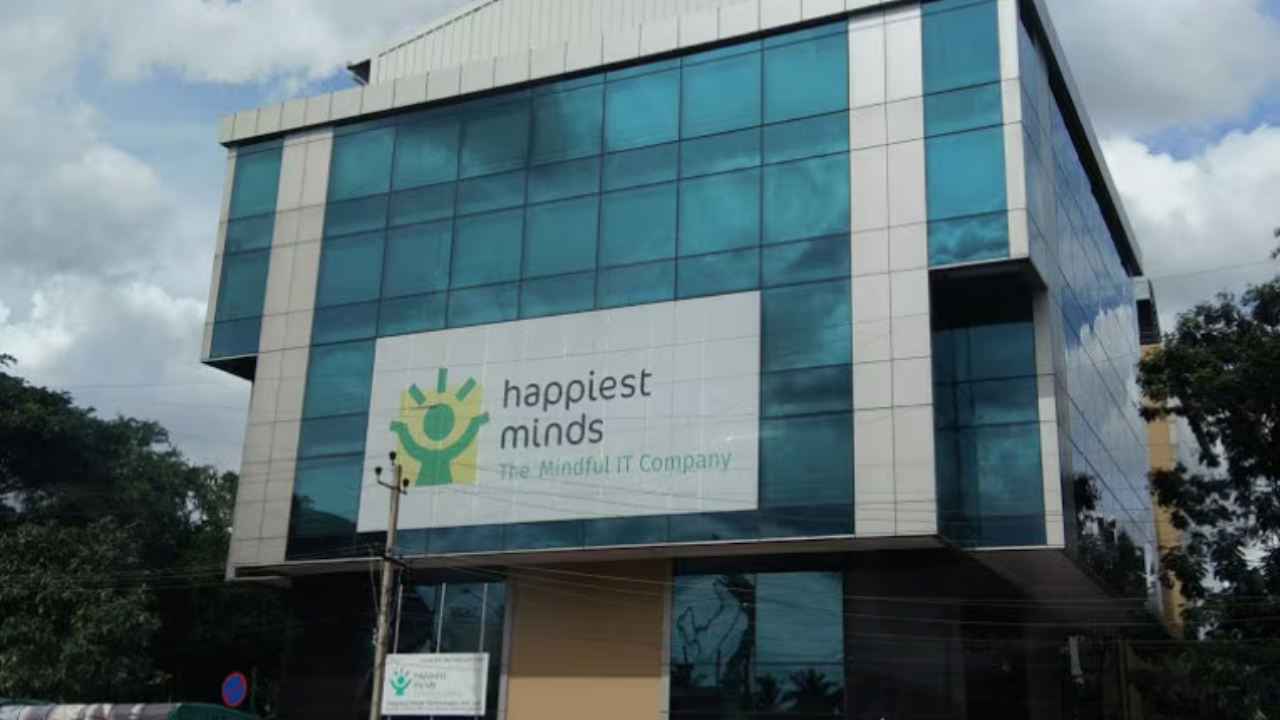British Government Faces AI Copyright Hurdles
The British government has encountered a significant setback in its ongoing efforts to clarify copyright law in the age of Artificial Intelligence. Proposals aimed at addressing the complexities of AI-generated content and copyright ownership have faced considerable resistance.
Key Concerns Raised
The primary concern revolves around the protection of original works used in the training of AI models. Critics argue that the initial proposals did not adequately safeguard the rights of artists, writers, and other creators whose works are used to develop these AI systems.
Specific Points of Contention:
- Lack of Clarity: Many stakeholders felt the proposed legislation lacked specific guidance on fair use and licensing arrangements for AI training data.
- Impact on Innovation: Concerns were raised that overly restrictive copyright rules could stifle innovation in the rapidly developing AI sector.
- Enforcement Challenges: The practicality of enforcing copyright law in the context of AI-generated content was also questioned.
This setback highlights the ongoing debate and the difficulty in balancing the interests of copyright holders with the need to foster innovation in the AI field. Further revisions and consultations are expected as the government seeks a more balanced and effective approach.
What’s Next?
The government is now expected to revisit its proposals, taking into account the feedback received. This could involve further consultations with industry experts, legal scholars, and representatives of creative industries. The goal is to develop a framework that both protects copyright and encourages responsible AI development.
The outcome of this process will have significant implications for the future of AI innovation in the UK and could potentially influence copyright regulations in other countries facing similar challenges.

























Leave a Reply